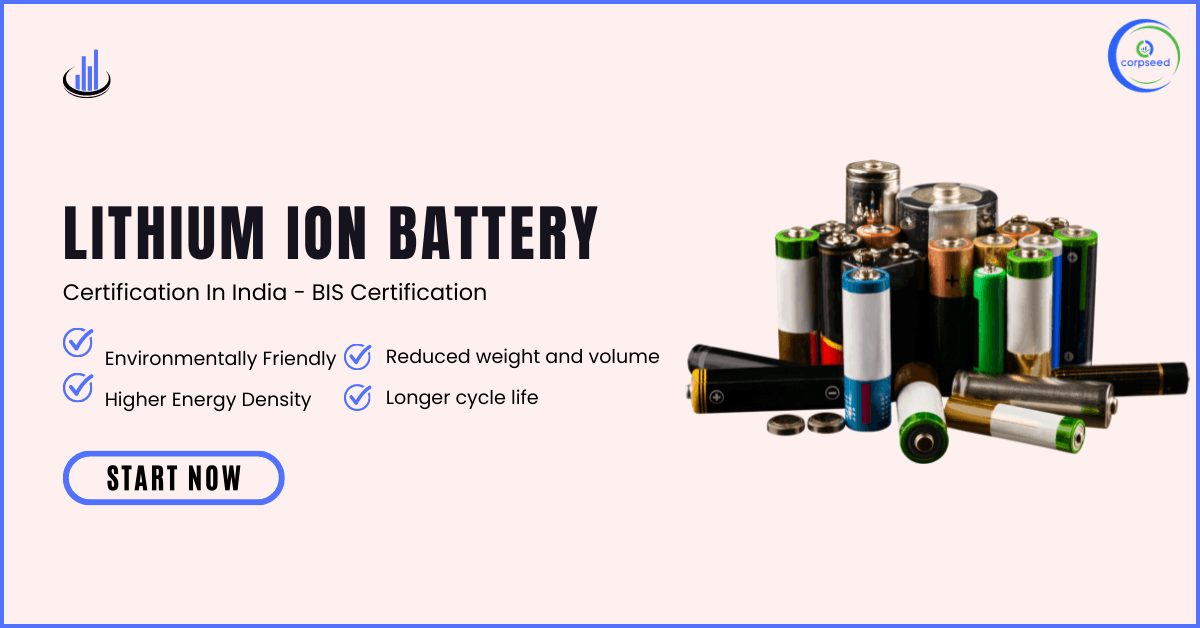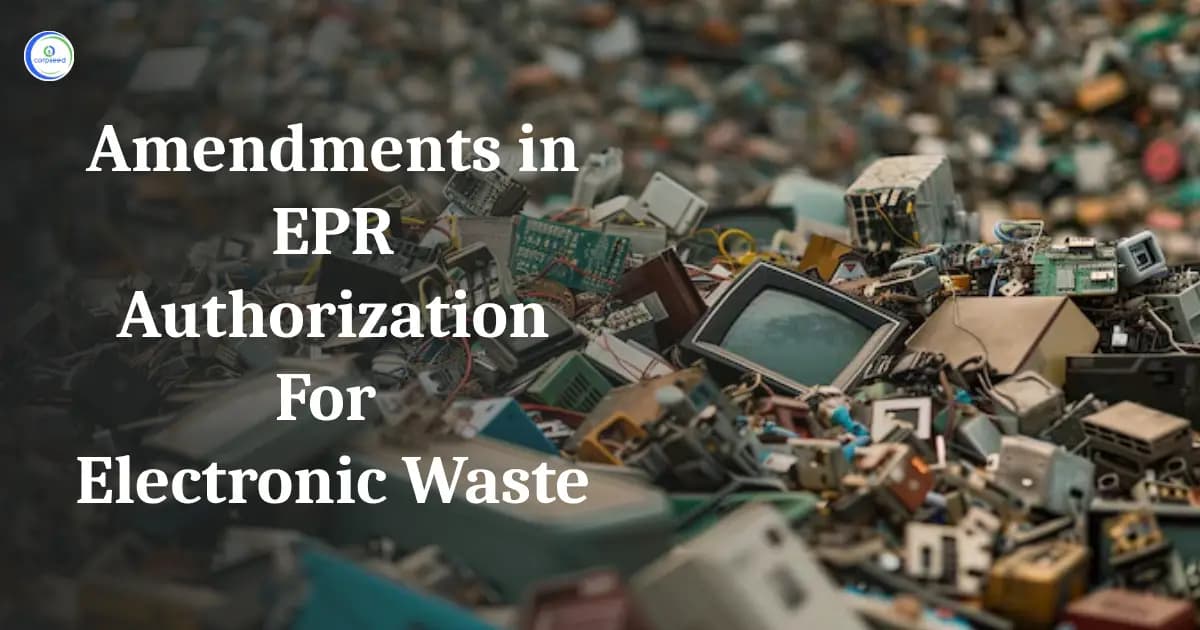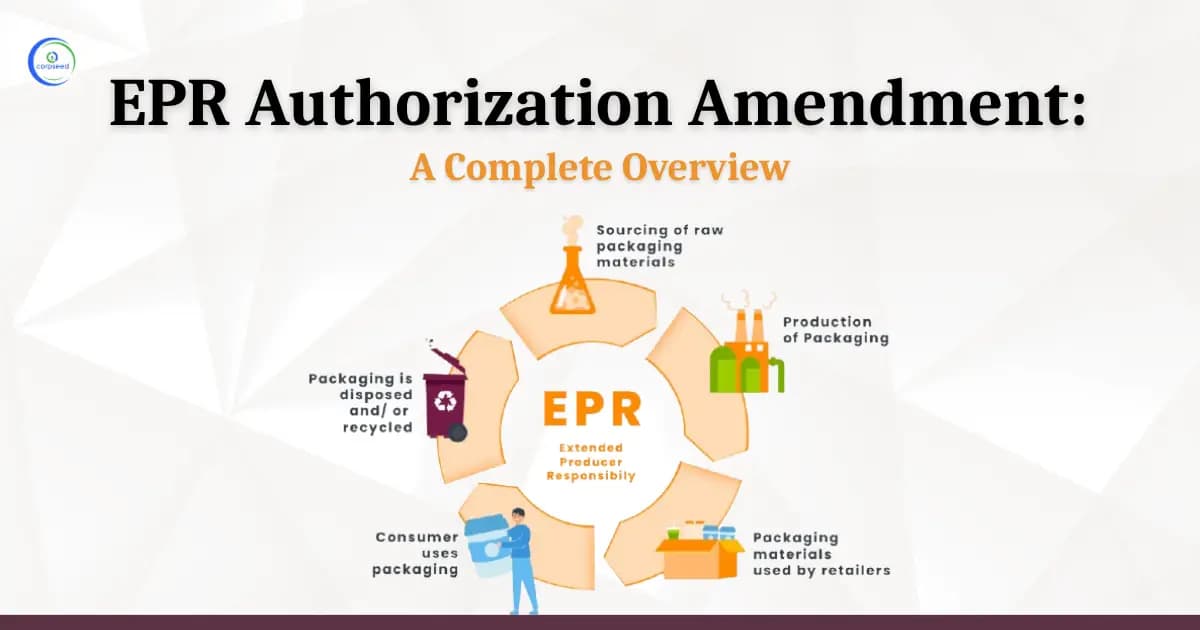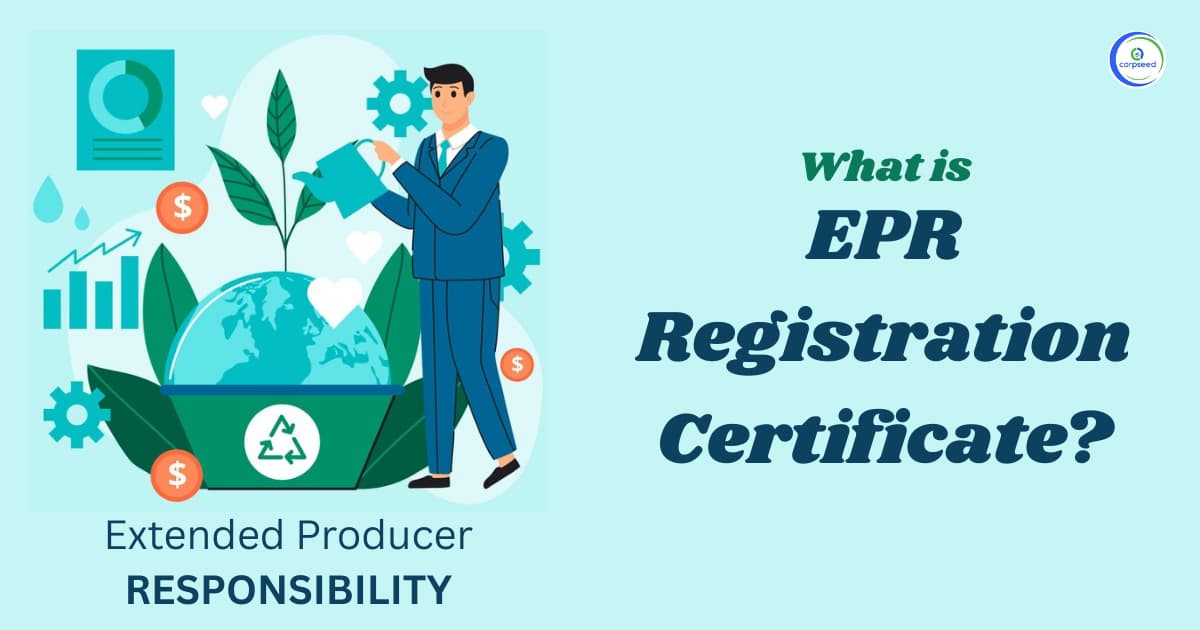
Loading...

The BIS certification is a standard test to verify the quality of lithium ion batteries. This certification will ensure that the batteries meet international standards and are safe for use.
About the Author

Dheeraj Budhori, an Internet Researcher & SEO, started his Optimizer journey in 2019. His top executive is his passion for search engine analysis & interest in understanding User psychology
Related articles

Environmental Compliance Updates Industries Must Know in 2026
2026-02-17

CPCB Mandates OCEMS Installation for Industries in NCR-Delhi
2026-01-28

Amendments in EPR Authorization for Electronic Waste
2025-11-07

EPR Authorization Amendment: Step-by-Step Overview
2025-10-31

What is EPR Registration Certificate?
2025-08-22
.webp&w=1536&q=75)
How to Start a Biodegradable Packaging Business in India
2025-08-19